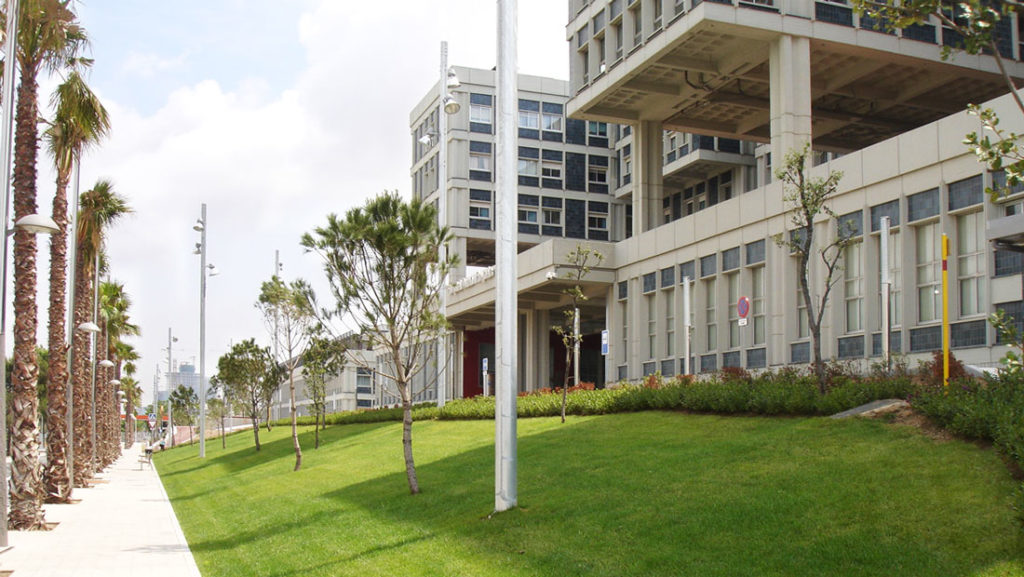A group of researchers from the Barcelona Biomedical Research Institute (IDIBELL) and the Catalan Institute of Oncology (ICO), led by Dr. Alberto Mussetti, have published a study about COVID-19 effects during the first month of the pandemic in 24 patients with haematological cancer. The study also analyses variations in healthcare resource utilization within ICO’s haematology department during the same period of time. The results, published in the journal Cancer Reports, verify an elevated mortality in onco-haematological patients infected by the virus, as well as the negative indirect effects derived from the healthcare exceptional situation.
Results of the study would indicate that patients with cancer do not have a bigger risk of contagion than the rest of the population. The percentage of infection (0.5%) is comparable to that of other people (0.4%) from the same geographical area and during the same interval of time. Probably, the preventive and rigorous lock down of these patients helped to contain that risk. Unfortunately, it is confirmed an elevated mortality of onco-haematological patients (46%) compared to other infected people without cancer (10% at the time; currently inpatient mortality has decreased).
Researchers observed a more severe and faster respiratory deterioration in these patients than in the rest of infected people. The death of the 24 patients with COVID-19 might be connected to their haematological cancer, as well as related immunosuppressor treatments. Still, “the cause of the death in all cases was respiratory insufficiency. Thus, we believe that SARS-CoV-2 played a key role in their deaths” explains Dr. Mussetti. Actually, other international studies confirmed same results observed at IDO during the first wave of the pandemic.
Moreover, the group of scientists put numbers to the collapse that the healthcare system has suffered due to the emergency situation. Inpatient mortality not related to COVID-19 also increased by 56% during the first month of the pandemic. At the same time, the total number of admissions dropped by 35% compared to the three previous months. Besides, there was a lower availability of surgical and radiological services. These circumstances would have delayed the oncological diagnosis. Same results were observed on the rest of the public healthcare system during the following months.
But not all are bad news. In this exceptional situation, in-person follow-up visits was almost completely substituted by phone visits. The accelerated introduction to telehealth services raised the number of phone visits by 581% and has been improving since the first wave of the pandemic. In fact, the plan is to maintain and develop the telehealth system, that improves the quality of life and avoid unnecessary exposure of patients.
The Bellvitge Biomedical Research Institute (IDIBELL) is a biomedical research center created in 2004. It is participated by the Bellvitge University Hospital and the Viladecans Hospital of the Catalan Institute of Health, the Catalan Institute of Oncology, the University of Barcelona and the City Council of L’Hospitalet de Llobregat.
IDIBELL is a member of the Campus of International Excellence of the University of Barcelona HUBc and is part of the CERCA institution of the Generalitat de Catalunya. In 2009 it became one of the first five Spanish research centers accredited as a health research institute by the Carlos III Health Institute. In addition, it is part of the “HR Excellence in Research” program of the European Union and is a member of EATRIS and REGIC. Since 2018, IDIBELL has been an Accredited Center of the AECC Scientific Foundation (FCAECC).

